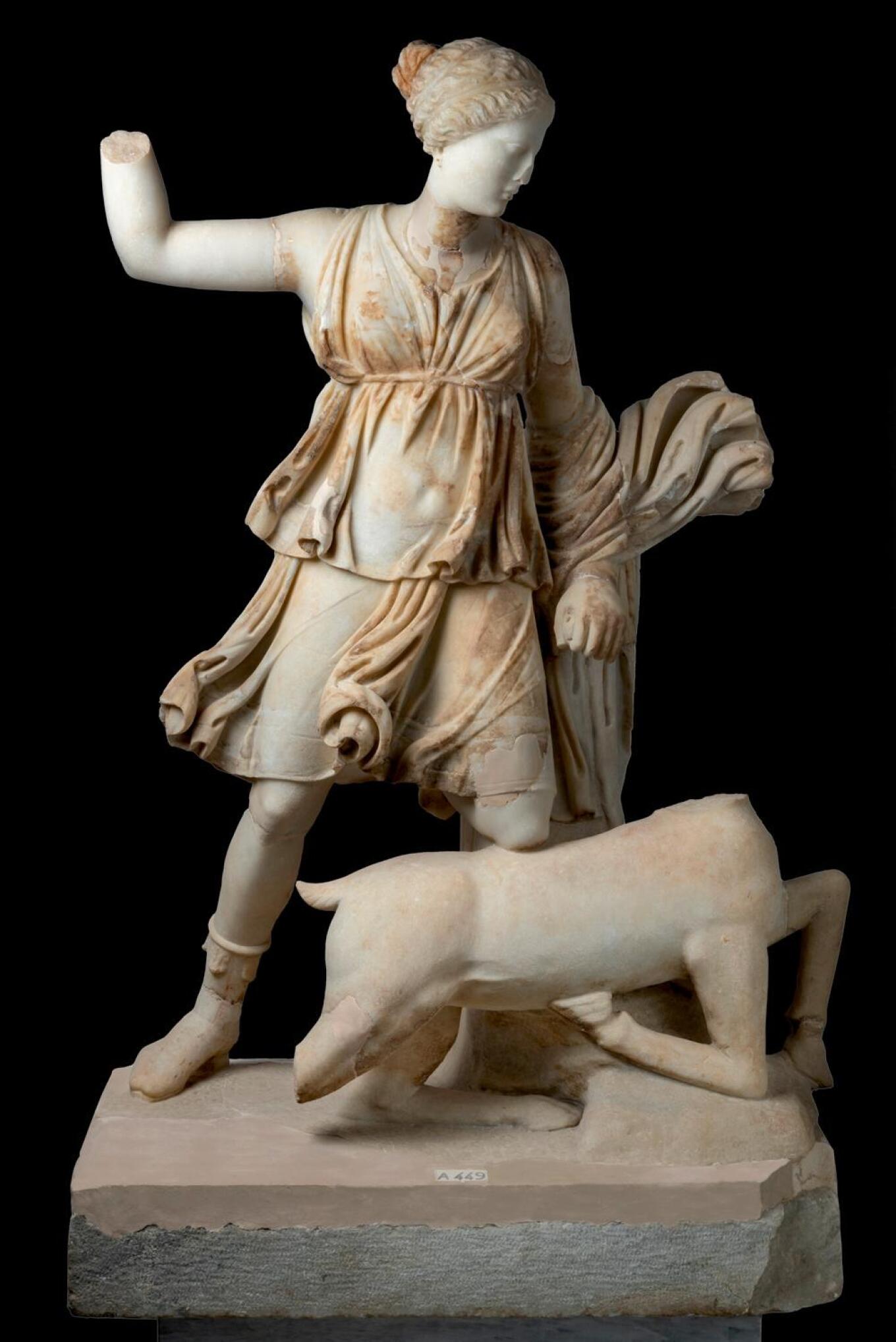What were the roles of women during the ancient Cycladic era? What was their position in society, how did they behave, and how did their role evolve over time? Answers to these fascinating questions are provided by the exhibition titled “Cycladic Women: Unknown Stories of Women from the Cyclades”, organized by the Ministry of Culture. It will be hosted at the Athens Museum of Cycladic Art from December 12, 2024, to May 4, 2025, and will then move to the Archaeological Museum of Thira in June.
The exhibition will feature around 150 works, all creations from Cycladic art dating from early prehistory to the 17th century. These works come from the collections of the Ephorate of Antiquities of the Cyclades and the Museum of Cycladic Art.

Many of these unique pieces have never traveled outside the Cyclades or the Museum of Cycladic Art, and some have never been presented to the public before. Additionally, selected Cycladic antiquities from the National Archaeological Museum, the Kanellopoulos Museum, the Epigraphic Museum of Athens, and significant private collections will be displayed.
The exhibits tell the story of the archipelago through the eyes of its women, revealing unknown roles of women over time. They narrate the transitions of women from deity figures to mothers and vice versa, their participation in religious ceremonies, and their roles in both public life and private spheres. The exhibition also explores the limitations imposed on women’s roles within their communities and moments of their emancipation.
At a time when women continue to seek respect in modern society, the freedom to choose their roles, and liberation from stereotypes that persist despite past struggles, the exhibition brings to light untold stories from the Cyclades. These stories highlight the historical dimension of the formation of female identity, from prehistory to the post-Byzantine period.
The curators of the exhibition are Dr. Dimitris Athanassoulis, Director of the Ephorate of Antiquities of the Cyclades, and the Scientific Directors of the Museum of Cycladic Art, Dr. Panagiotis Iosif, Professor at Radboud University in the Netherlands, and Dr. Ioannis Fappas, Assistant Professor of Prehistoric Archaeology at the Aristotle University of Thessaloniki
Ask me anything
Explore related questions





